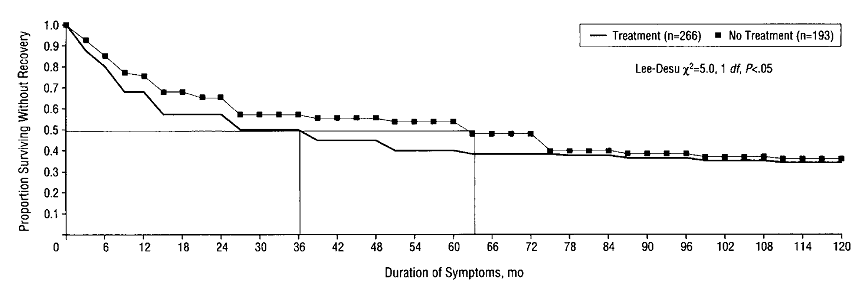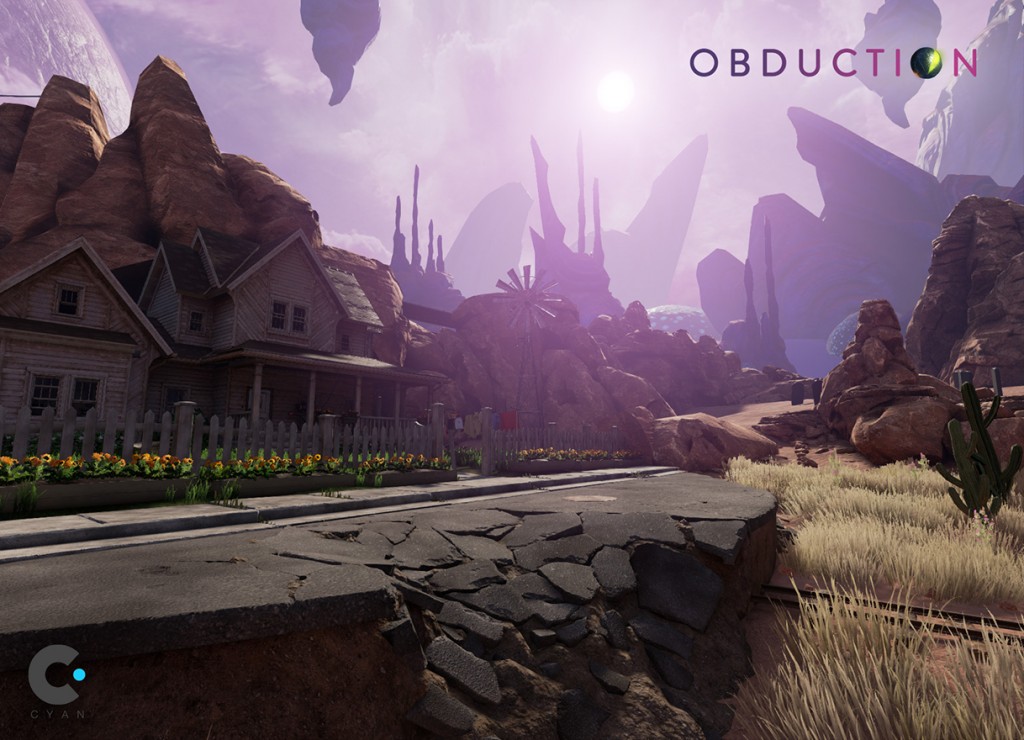In 1996, physicist Alan Sokal was unhappy with the tendency in academic postmodernism to dismiss scientific work. So he submitted a bogus paper called “Transgressing the Boundaries: Towards a Transformative Hermeneutics of Quantum Gravity” to Social Text, a journal in cultural studies. After it was published, he revealed it as a hoax. And now, it is one of the best known shots fired at academic anti-science.
While the hoax is a good conversation-starter, I would caution against thinking it’s a total slam-dunk. Journals are there to filter out shoddy work, rather than bad faith actors. Secondly, AFAICT Social Text is a journal of mediocre impact. Finally, Sokal himself said that academic postmodernism has now backed off from many of its previous excesses. (Sokal credits the Bush administration, which was more effective at satirizing academic postmodernism than he ever was.)
In any case, this is a paper report. To humorous ends, I will review Sokal’s paper as if it were a serious work.
[Read more…]


